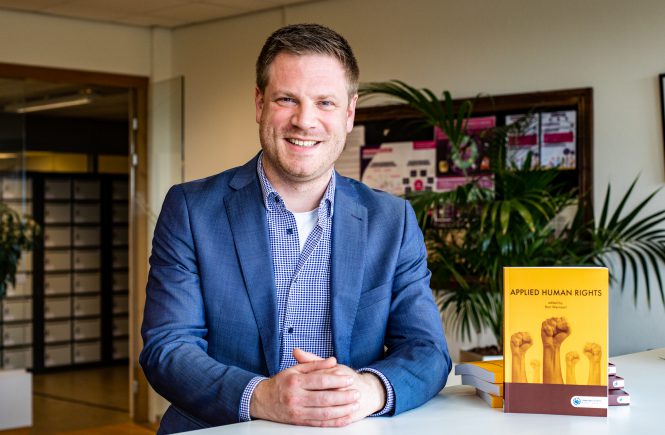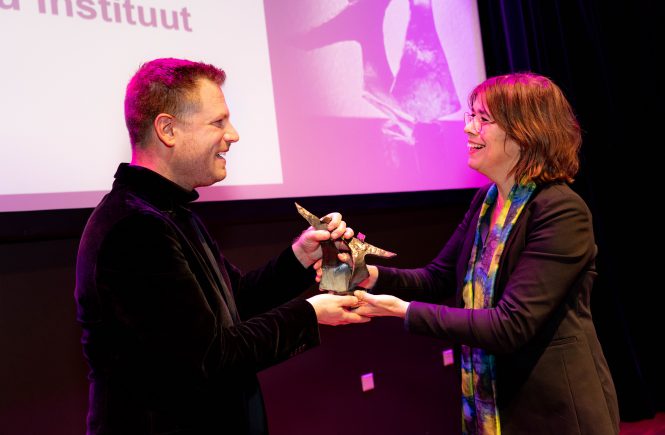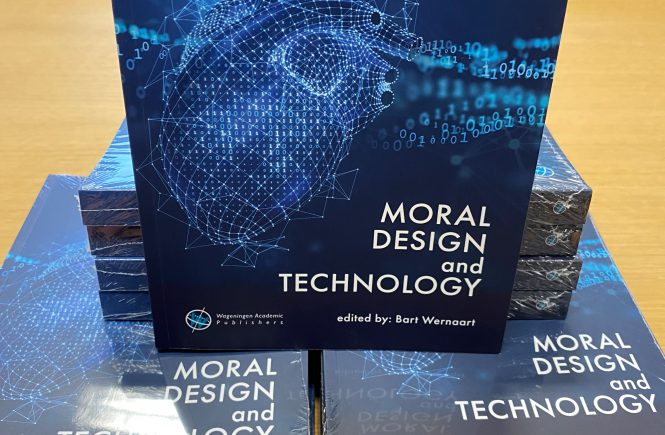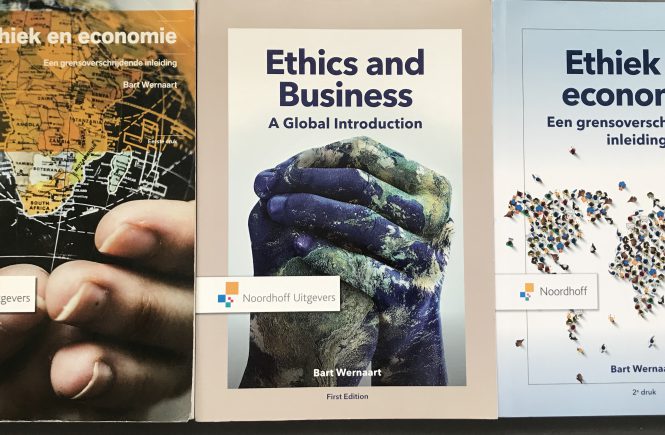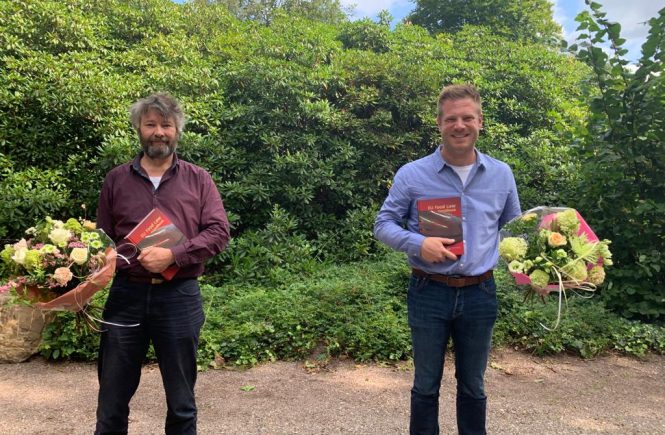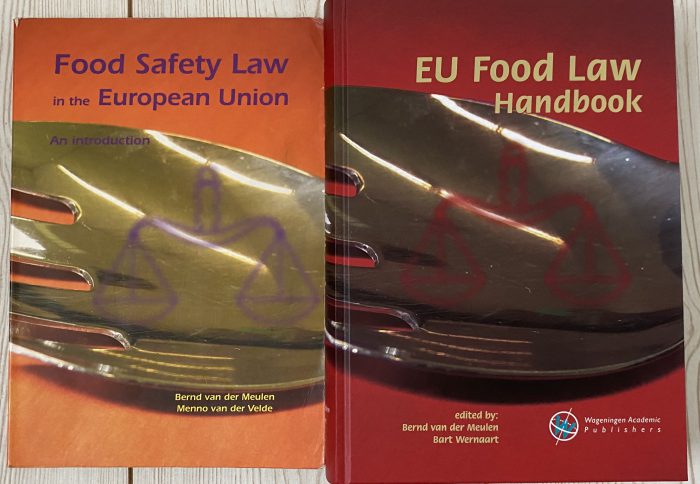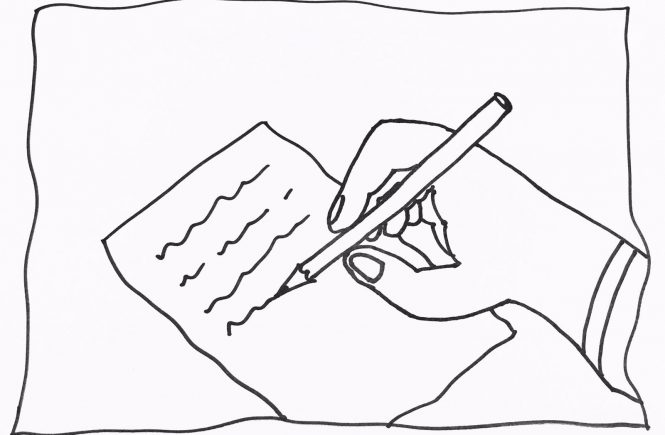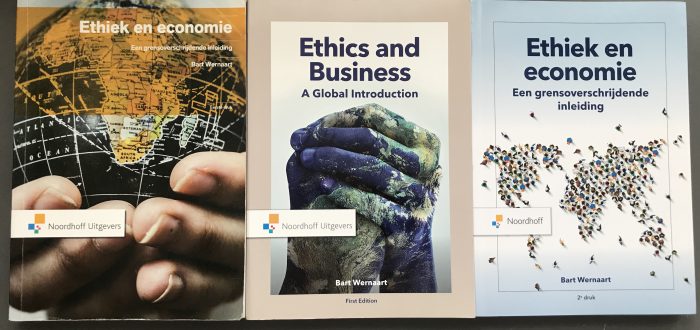Technology always has an ethical connotation. This can sometimes have far-reaching consequences for consumers, citizens or organisations. For this reason, a new research group: Moral Design Strategy, led by Bart Wernaart, will start on 1 June. In years to come, Fontys University of Applied Sciences wants to invest heavily in practice-based research in this field.
Social issues
Our society has been transformed from an information society to a smart society. In a Smart Society, people and technology always interact with each other. We are increasingly entrusting part of our ethical decision-making to smart technology. This leads to all kinds of social issues and challenges. How sure does an algorithm have to be to accuse a citizen of fraud? And when should a security camera call the police when it thinks it can predict a fight? To what extent should a chat-bot giving financial advice be putting a customer at risk? And what data should an HRM bot prioritise in making a perfect match between an applicant and a job profile? Who gets to decide how an algorithm on a social media platform deals with disinformation? The research group will work on tackling these kinds of social issues.
Technology design
“It’s about more than just gaining knowledge about ethical issues,” says professor Bart Wernaart. “We want to ‘capture’ the morality of the individual and use it for the design process of products and services in both the private and public sector. The next step is translating this into strategy. What does this mean for the mission and vision of organisations? Or how does it relate to decentralised government policy? And how can an organisation ultimately determine in a transparent manner that moral design actually does what was originally intended? Technological design leads to important challenges in the field of moral authority, ethical decision-making and moral strategy formation. Through thorough research, we want to identify these issues and use them as input for future technology design.”
Socially innovative learning process
Bart Wernaart LLM, PhD, will be appointed as professor of the new research group Moral Design Strategy. Wernaart received his Master’s degree from Tilburg University (International Law) in 2005, and his PhD from Wageningen University in 2013. In recent years, he worked as a lawyer and teacher-researcher of law and ethics at Fontys University of Applied Sciences, Economics and Communication.
He sees the new research group as a way to bring education and research closer together, where students have an active participatory role in doing meaningful research. “On the one hand, we want to be hands-on and, for example, take mobile moral labs into neighbourhoods to find out about the moral expectations of citizens regarding a predictive algorithm used by the government. Think of preventive policing, or an algorithm that would have to detect risks of fraud. On the other hand, we want to participate at a high scientific level, and arrive at new models and approaches based on our practical expertise.”
Future
“A lot is happening at the intersection of technology, ethics and society. Think of the increasing role of Artificial Intelligence (AI). At the same time, we sometimes ignore its ethical aspects too quickly. By connecting researchers, entrepreneurs, education and governments and conducting thorough research, we want to gain more insight into this. The starting point is individual morality as input for design, making morality a more explicit input at the drawing table of new technology. This is the true added value of the research group,” says Wernaart.
The fact that the subject is a hot topic is evidenced by the partnerships that have already been formed, even before the research group has started. For example, research projects will be started with the universities of Quebec and Ottawa, the University of Leuven and various commercial parties. Multiple publications have already been realised at home and abroad in this field. Wernaart: “The theme is truly thriving, just look at the developments in the past year: discussions about deep fake, the benefits scandal, surveillance systems and the corona app are all essentially centred around (a lack of) moral design. It is of vital importance that we deal with this properly in order to increase confidence in a bright future with technology.”
More information
More information on the Moral Design Strategy research group at the Fontys University of Applied Sciences can be found here.

